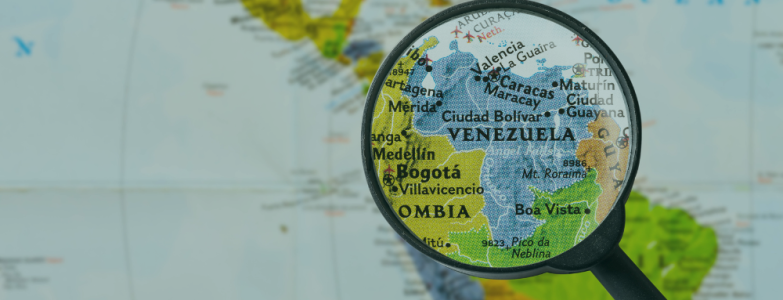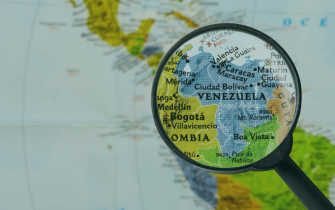Published in Gaceta Oficial, Venezuela’s new NGO law enforces strict funding regulations, sparking concerns over its impact on civil society and aid efforts.
Editor’s Note
Visit our Information Hub, a curated resource offering the latest in tax, economic, and business news, alongside actionable guidance on tax strategies, accounting, and business advisory—because Planning Tomorrow, Together, starts here.
By The Guillen Pujol CPAs Newsroom
Venezuela’s New NGO Law has recently been published in the country’s official gazette, aiming to regulate and sanction non-governmental organizations (NGOs). This legislation, which critics argue could severely hinder the operations of civil society groups, marks a significant escalation in the government’s oversight of independent entities.
The “Law for the Control, Regularization, and Operation of NGOs and Non-Profit Organizations” introduces stringent reporting requirements. Organizations must disclose their sources of funding, activities, and leadership structures. Furthermore, any deviation from these regulations may result in fines, asset freezes, or outright bans on their operations.
Venezuela’s New NGO Law: Strict Reporting Requirements and Expansive Executive Powers
The most contentious aspects of the law include a mandate for NGOs to submit their books and records annually, as well as periodic disclosures of all financial contributions or donations. Additionally, the law prohibits organizations from receiving funds intended for political activities, contributing to political parties, promoting fascism, inciting hate, or engaging in any act deemed illegal under Venezuelan law.
Article 13 also grants sweeping powers to the national Executive, enabling mechanisms to monitor and penalize deviations that are perceived as compromising national sovereignty. According to Chilean lawyer Francisco Cox, an expert with the United Nations Fact-Finding Mission on Venezuela, this could lead to permanent surveillance, potentially including police or intelligence oversight. Without access to international cooperation funds, many NGOs are expected to close their operations. The UN mission previously warned that such restrictions would significantly curtail the ability of civil society to function in Venezuela.
Human Rights Advocates Sound the Alarm on Venezuela’s New NGO Law
Human rights advocates have raised alarms, suggesting this law could serve as a tool to suppress dissent and limit humanitarian efforts. NGOs have been pivotal in addressing Venezuela’s ongoing economic and social crises, providing aid in areas where state resources have fallen short.
Government officials, however, argue that the law is necessary to ensure transparency and prevent foreign interference. The law mirrors measures in other authoritarian regimes that have sought to curtail the influence of civil society under the guise of national security.
For businesses and international partners operating in Venezuela, this development adds another layer of complexity to navigating the country’s regulatory landscape. It also raises critical questions about the future of civic engagement and humanitarian aid in the region.
The GPCPAs Advantage
The GPCPAs Advantage
Have questions or want to learn more about this issue? Contact us today
- After the Shutdown: How IRS Cuts Continue Affecting Taxpayers
- IRS Tax Brackets for 2026: What Business Owners Need to Know
- Florida’s Hunting, Fishing & Camping Sales Tax Holiday 2025: A Guide for Shoppers & Businesses
- Navigating the ‘One Big Beautiful Bill’: Implications for Global Tax Planning
- How International Investors Can Reduce U.S. Taxes in 2025—Legally











